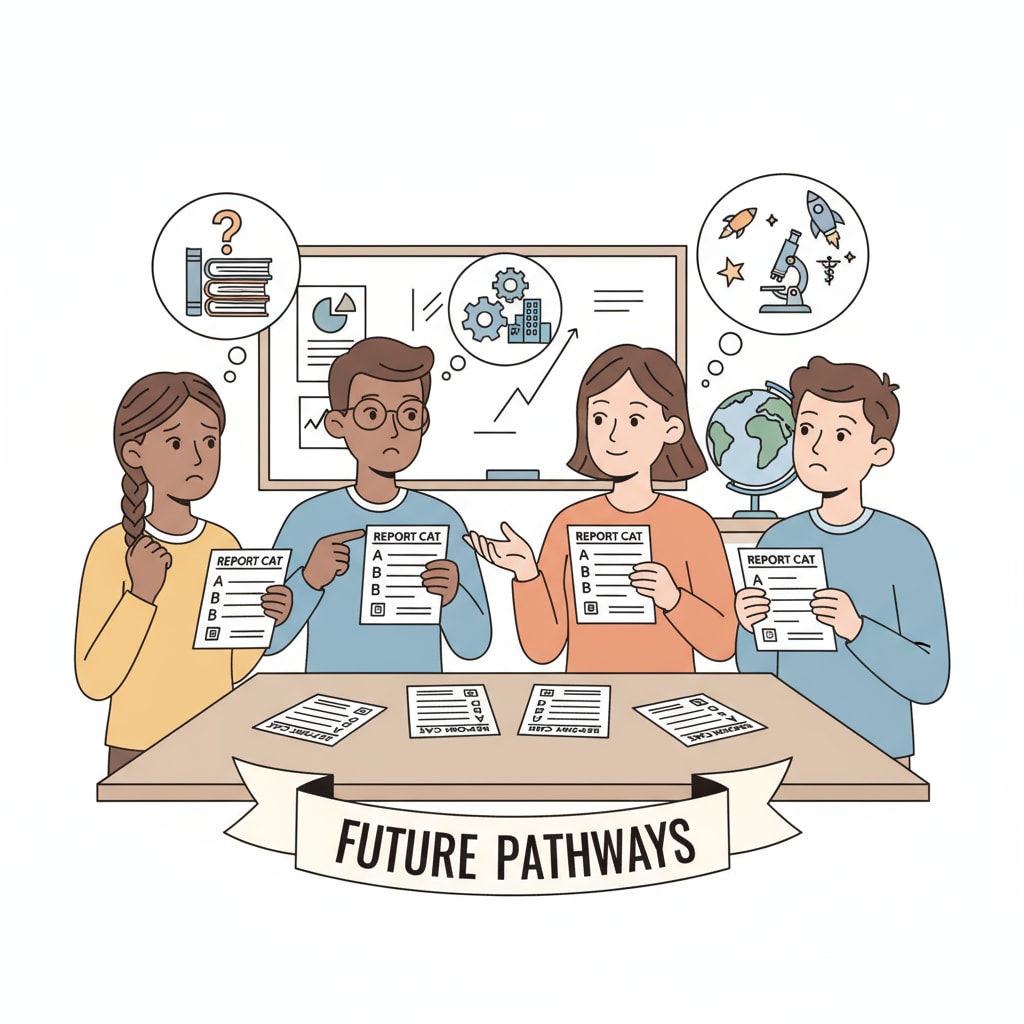For years, there has been an ingrained belief among students, parents, and educators that high academic grades are the golden ticket to employment success. However, as we delve deeper into the real world of work, it becomes evident that the relationship between grades, employment, and students is far more complex than initially thought.

The Myth of the Grade-Employment Connection
Traditionally, we’ve been led to believe that straight A’s in school guarantee a smooth transition into a successful career. This idea has been perpetuated by an education system that places a heavy emphasis on academic achievement. But in reality, many A+ students find themselves struggling to translate their high grades into workplace success. For example, according to Britannica’s education resources, academic performance often measures a student’s ability to memorize facts and perform well in exams, which may not necessarily reflect the skills required in the workplace.
Diverse Skills in the Workplace
The modern workplace demands a diverse set of skills that go beyond academic knowledge. Soft skills such as communication, teamwork, problem-solving, and adaptability are highly valued by employers. These skills are not always reflected in a student’s GPA. For instance, a student with average grades but excellent communication skills may be more likely to succeed in a sales or customer service role than an A+ student who struggles to express themselves effectively. Wikipedia’s page on workplace skills highlights the importance of these non-academic competencies.

Real-Life Examples of Average Students Succeeding
There are numerous real-life examples of students with average grades who have gone on to achieve great success in their careers. Take, for example, Steve Jobs. While there is no concrete evidence of his exact academic performance, it’s known that he was a creative and innovative thinker who revolutionized the technology industry. His success was not based on high grades but on his ability to think outside the box and lead a team. Another example is Richard Branson, who left school at a young age but built a multi-billion-dollar business empire through his entrepreneurial spirit and leadership skills.
In conclusion, it’s clear that the connection between grades, employment, and students is not as straightforward as we once thought. While academic achievement is important, it’s just one piece of the puzzle. As educators, parents, and students, we need to reevaluate our focus and place more emphasis on developing the diverse skills that are essential for success in the modern workplace. By doing so, we can ensure that all students, regardless of their academic grades, have the opportunity to thrive in their future careers.
Readability guidance: This article uses short paragraphs and lists to summarize key points. Each H2 section provides relevant information. The proportion of passive voice and long sentences is controlled, and transition words are used throughout the text to enhance readability.


